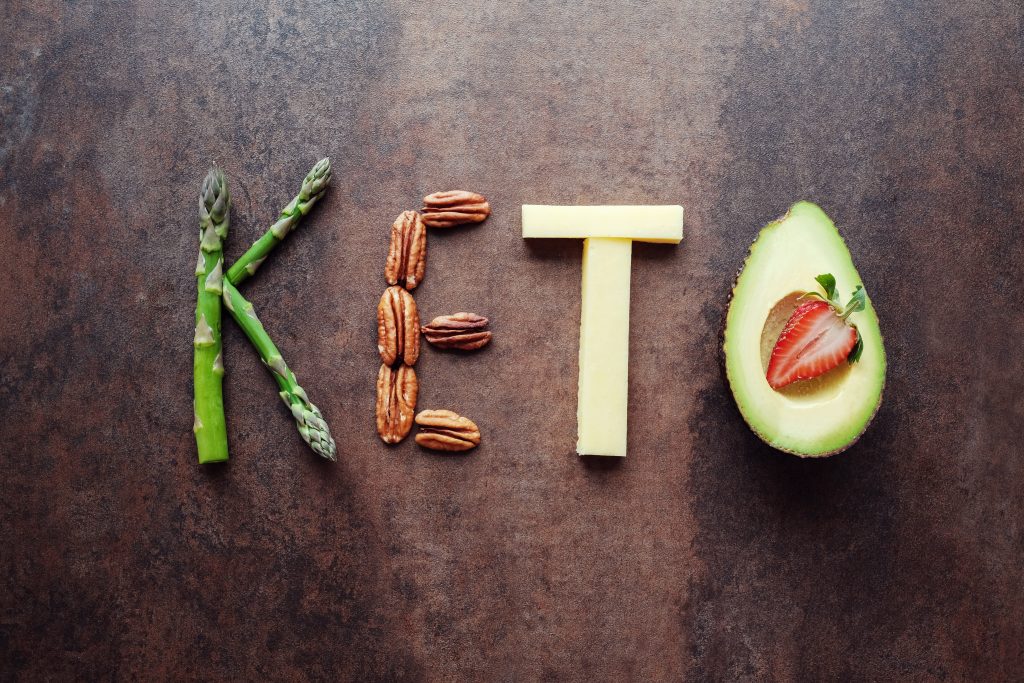5 of the Best Supplements for Keto Diet
Posted by JOANNA C

The keto diet can provide you with many benefits but restricting large food groups can mean that you might be missing key nutrients. Here are 5 ways to supplement your diet and make sure you’re getting the most out the keto way of life.
Can we say enough good things about magnesium? It’s an important mineral and electrolyte, and because the keto diet increases the amount of water you lose, you can be lower in all of the electrolytes (sodium, magnesium, and potassium).
Magnesium is found in whole grains, leafy green vegetables, avocados, and dark chocolate. Without consuming whole grains and eating the restricted green vegetables on keto, it’s easy to see how your consumption of magnesium won’t be adequate, but a daily magnesium supplement will keep you on track.
- Potassium
Potassium is another electrolyte that you definitely want to include in your supplement regimen if you’re on a keto diet.
Potassium can be found in high amounts in bananas, beans, oranges, and sweet potatoes. Skipping these high-carbohydrate fruits, tubers, and legumes make it difficult to achieve the right levels of potassium but taking a potassium supplement will ensure your electrolytes will stay balanced.
On the keto diet, you’ll be choosing full-fat products and will likely be steering away from dairy products (such as yogurt and milk) because the lactose they contain adds carbohydrates to the diet. Unfortunately, that means you’ll be getting less Vitamin D-fortified foods, such as low-fat milk and yogurt. Full fat dairy is not usually fortified with Vitamin D.
Vitamin D is found in oily fish and eggs, but it is difficult to achieve the proper levels of Vitamin D from diet alone, so a supplement is part of good practice for people of all ages.
Vitamin D is better absorbed when taken with fat, so you’re actually ahead of the game on this one if you follow a keto diet and take a Vitamin D supplement.
- Fiber
One of the biggest side effects of a keto diet is constipation that comes from a lack of high-fiber foods. Adding in a zero-calorie fiber powder (such as psyllium, ground flaxseed, chia seeds, or acacia fiber) is an easy way to make sure that your digestive tract keeps moving healthily.
- MCT oil
If you’re in ketosis, one of your best allies is MCT oil. MCT oil helps your body produce more ketones, and if you eat MCT oil with some of your allotted carbohydrates, it will guide your body towards consuming the ketones of MCT oil rather than the carbohydrates you just ate.
These 5 supplements will ensure that you don’t miss out on any nutrients or minerals on the keto diet, ultimately helping you stick to the diet.
Photocredits: Marco Verch

